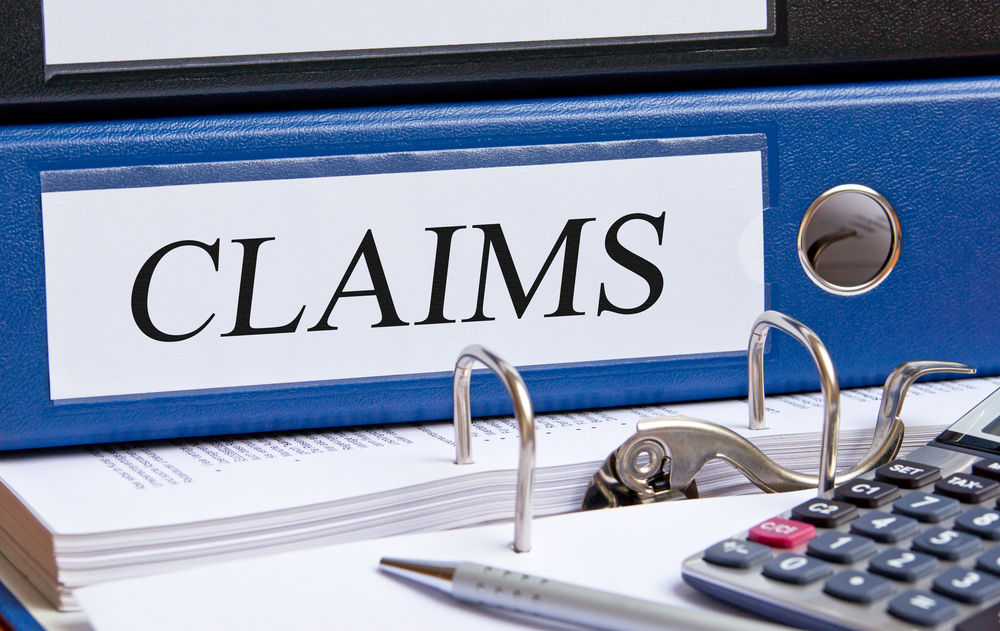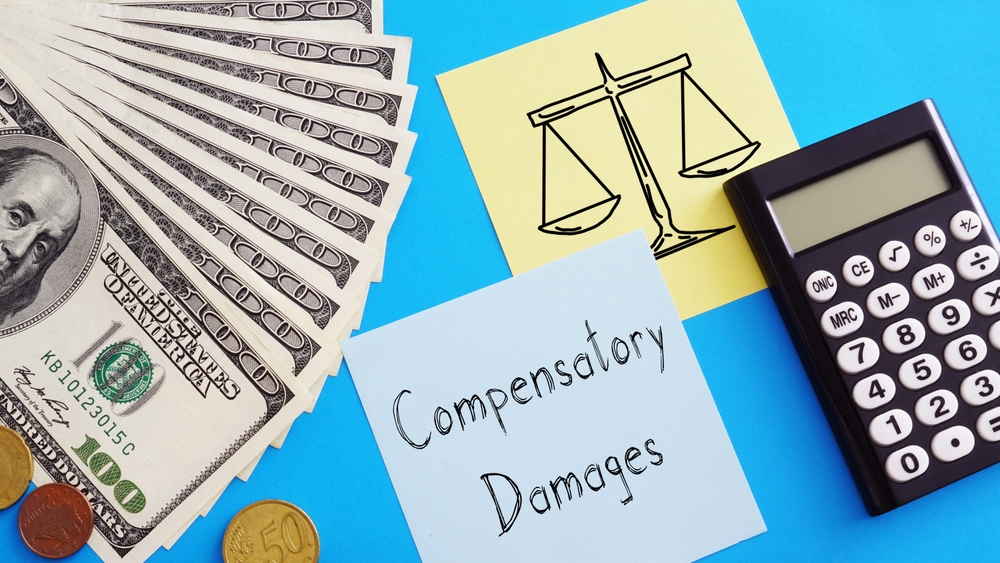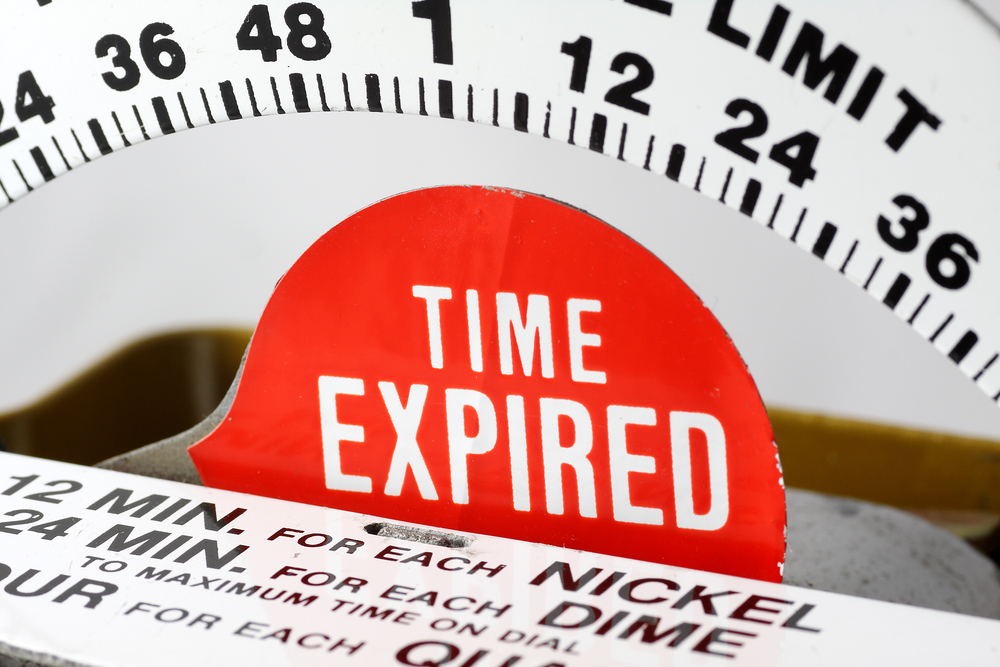Personal Jurisdiction’s Two Prong Inquiry
If you are suing a nonresident defendant, i.e., you are NOT located in Florida, this two-step inquiry to determine whether Florida courts have personal jurisdiction over you--the nonresident defendant--is important: Florida courts conduct a two-step inquiry to determine whether a court has personal jurisdiction over a nonresident defendant. First, it must be determined that the complaint alleges sufficient jurisdictional facts to bring the action within the ambit of the statute; and if it does, the next inquiry is whether sufficient “minimum contacts” are demonstrated to satisfy due process requirements. The first prong -- i.e., the statutory prong -- … is governed by Florida's...
Continue reading













